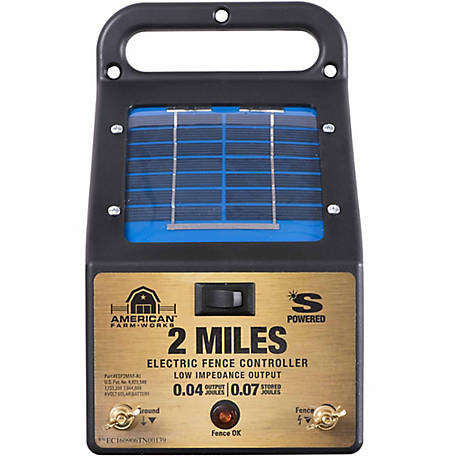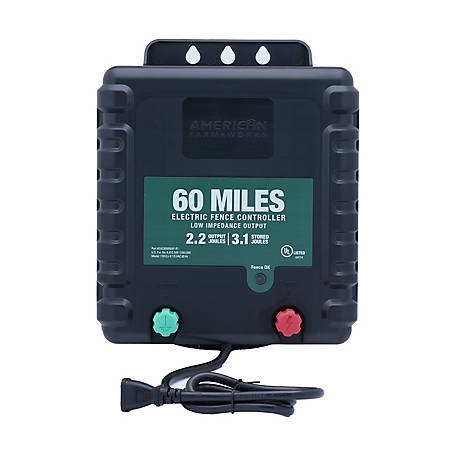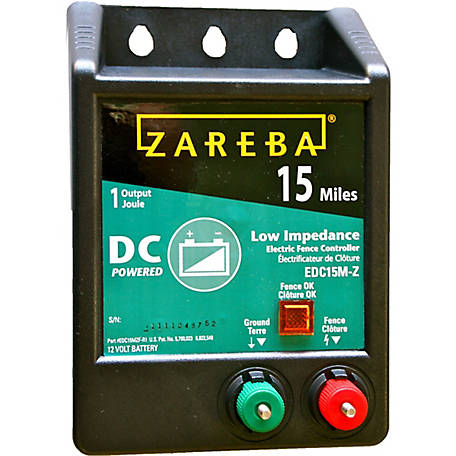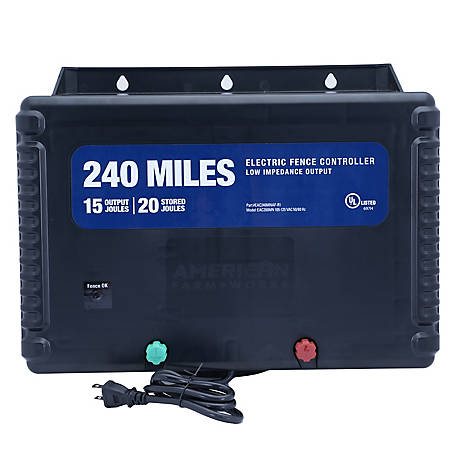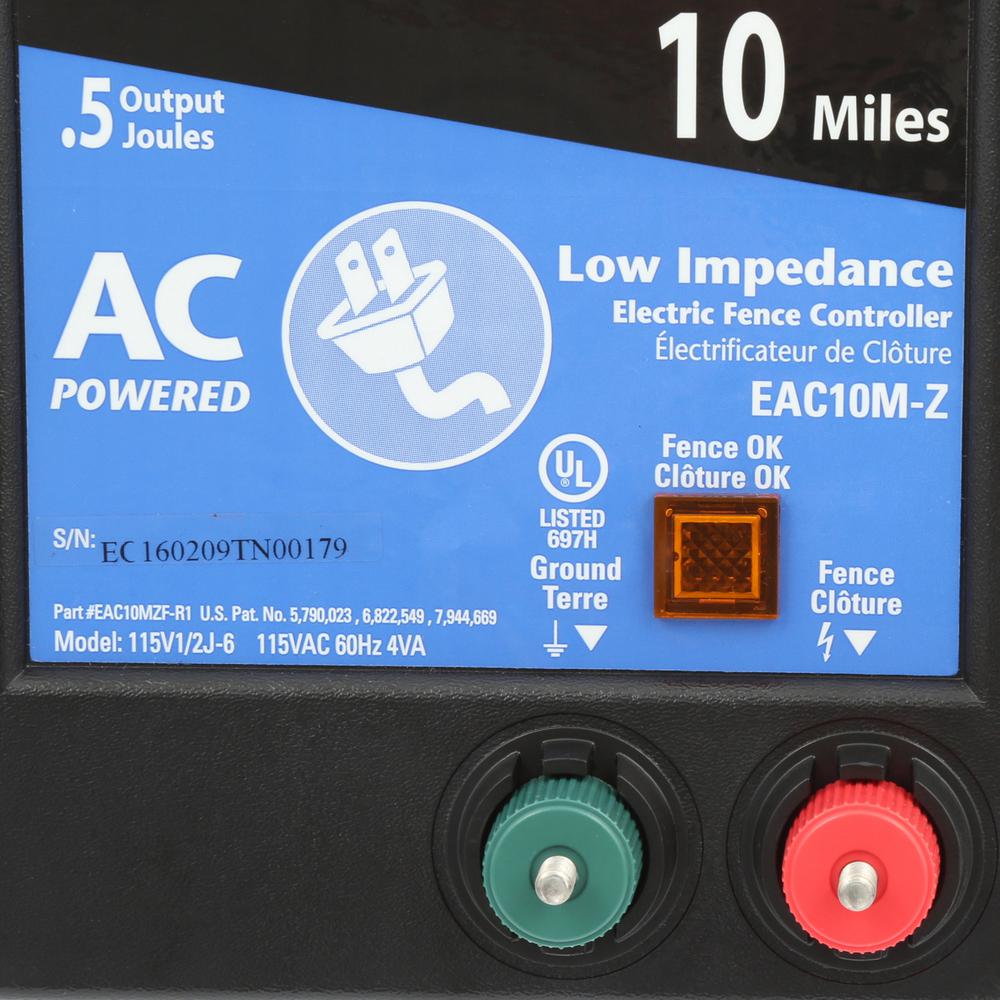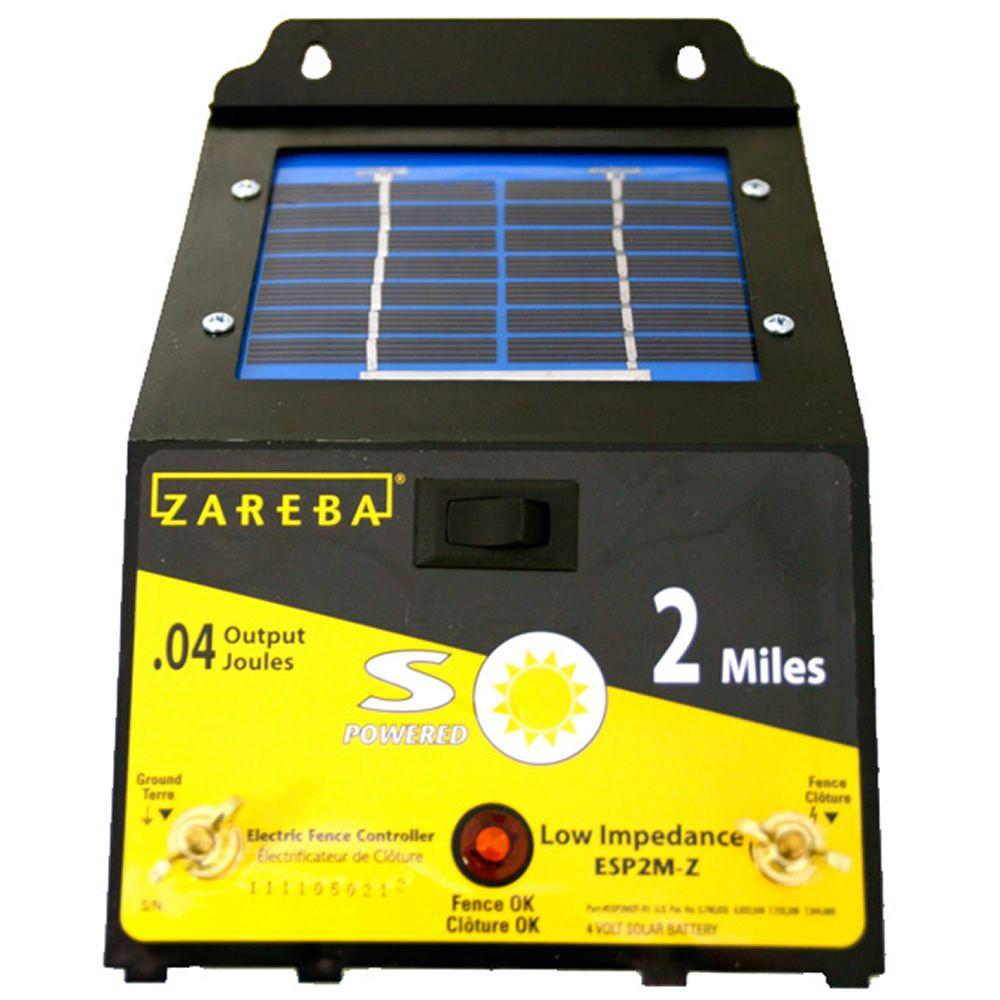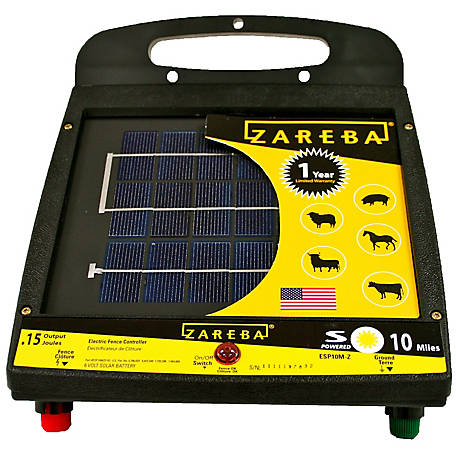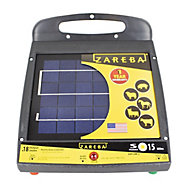And since the charger is by far the heart of the electric fence you need to make sure you ve chosen the best option for your needs.
Low impedance vs high impedance fence charger.
As you re researching the best components to use for your electric fence you may have been confused by the difference between solid state and low impedance chargers.
Low impedance a low impedance fence charger means that there is less resistance or impedance in the charger so more power can be pushed through the wire.
Low impedance electric fence chargers are the best latest technology for land with weeds.
The current leaks readily.
Low impedance means the fence charger is designed to effectively shock through vegetation.
These chargers are able to push more power through wire than solid state chargers making them the perfect option for fencing that has steady contact with a sizable amount of vegetation.
Low impedance energizers resist leakage.
The duration of the electrical pulse is the dominant factor.
The new electric fence chargers we sell are mostly all low impedance output.
Retrouvez toutes les discothèque marseille et se retrouver dans les plus grandes soirées en discothèque à marseille.
Low impedance vs high impedance.
Find zareba 50 mile battery operated solid state fence charger in the.
These chargers are able to maintain a higher charge even if weeds or large animals are drawing power from the fence.
For decades electric fences have been popular for containing animals and controlling where they graze and for keeping animal pests out of garden.
You can also relate impedance to leakage.
High impedance electric fence chargers.
To be considered low impedance the duration of the pulse must be less than 003 seconds.
The output from a low and impedance fence charger is medium to high voltage but at much.
The output from a high impedance fence charger is high voltage but low current.
With fence loading a high impedance charger will have more leakage of power and a low impedance charger will have less leakage of power.
Because of this poor insulators or grass and weeds touching the fence drain much of the shock.



